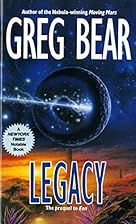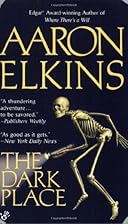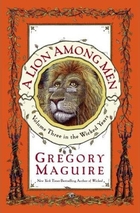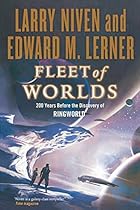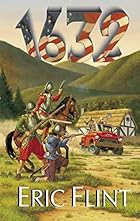
This book tells the story of a West Virginia mining town being transported into the year 1632. The story is about the clash of cultures, mostly in how the locals react to the American philosophy and technology.
The Americans immediately decide to impose democratic and egalitarian philosophies on the locals, who take to it rapidly.
This should make for a great story. But there are many shortcomings.
First, the writing is fairly weak. The author has no idea how to tell a backstory. I almost gave up on the book within the first 20 pages. For example, when he introduced one of the characters early in the book, he provides a decent description, then provides the backstory in a short paragraph:
"So, Doc. Did the judge give you a choice? Between the Army and the Marines, I mean."
Most of that was never explained in the book.
Often, when describing an action, he’ll switch between describing events in process and describing them after the fact. It is somewhat unsettling, and would be more interesting if he stuck with the present.
His segues often consist of a comment by one of the characters that is extremely out of place. A lot of the dialog feels awkward or forced.
The locals are far too accepting of the Americans and the Americans are far too ready to come to consensus in their decisions. There is almost no internal conflict. Their skill set is far too broad for a mining town and they seem to figure things out too quickly. Some of the characters are a bit over the top.
Generally, all conflicts in the book are resolved within a few pages, except for military conflicts which can carry out for a while. He misses numerous opportunities to have issues build tension and develop characters. He introduces major characters in the book who take on backstage roles. Some could have been major characters providing a lot of tension and interest.
The pacing of the book is fairly fast. It is more of an action book than science fiction. But the pacing doesn’t vary enough. Almost the entire book runs at this same pace.
On the positive side, the pacing is good, not too fast, and the story is interesting.
The history is good. This is an interesting and pivotal time in history, one we should know more about. With the inquisitions going across Europe and the thirty-years war, there is a lot to be involved in. These are some of the events that led people to cross the Atlantic for the Americas, now the Americas have come to Europe.
I did enjoy the book, but was sorely disappointed because it could easily have been so much more. If you enjoy alternate history and can put up with the weak writing style, you will probably enjoy this book.


